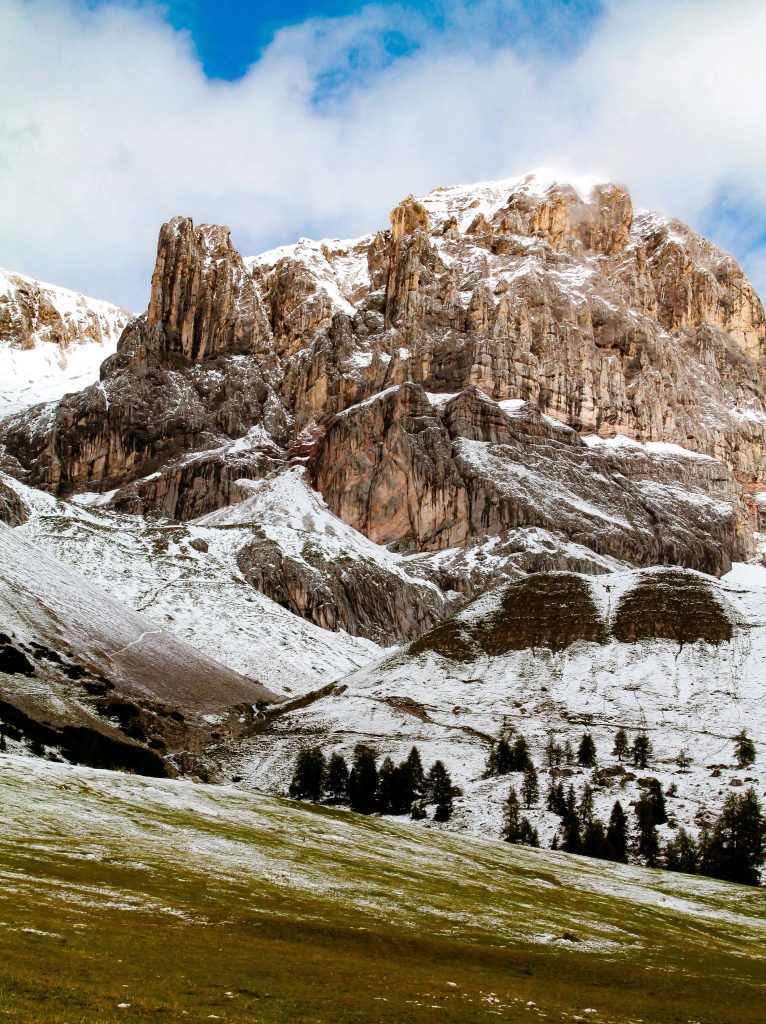We are experiencing an unusually warm winter climate here in Switzerland. Spring-like temperatures have characterized the last few weeks, and the ski season in many lower-altitude locations is on hold for now.
Higher-altitude, world-famous ski destinations are also challenged by the lack of snow: Zermatt today has 40% of its slopes open and only 26 out of 51 lifts functioning. St. Moritz, which sits at an elevation of 1,856m, has 26 out of 42 lifts open, but only 35% of the slopes are accessible. Images of a snowless Davos, where the World Economic Forum is about to start in a week, are around the web. Across the border, the situation is similar: the French town Courchevel, finally experienced snowfall these last few days, and now 68% of the slopes are open.
For many resorts confronted with the increasing lack of snow, the answer is snowmaking, even though it is not possible if temperatures are warmer. The practice has also been criticized for its impact on the environment, water usage, soil erosion from snow cannons, and energy consumption. It takes one to three kilowatt-hours of energy to produce one cubic meter of artificial snow. One kilowatt hour is roughly the energy needed to power up a TV for seven hours.
Looking at the future, we can expect warmer winters. According to the Institute for Snow and Avalanche Research, in eighty years, only resorts above 2,500 meters will have enough natural snow to stay in business.
Ski resorts are taking proactive steps in dealing with climate change to protect their future: an increasingly higher number of places have invested in renewable energy sources, and it is nowadays common to have ski lifts powered by hydropower, solar power, and in some cases even by biomass fuel. The Swiss resort of Laax is selling the “Last Day Pass,” a ticket to fund climate protection projects to extend the life of the Vorab Glacier that, at the current pace, is expected to end by 2056. Many resorts have also invested in public transportation to encourage tourists to leave their cars at home. In Switzerland, for instance, resorts partner with the national rail services, and overnight visitors traveling by train can ship their ski equipment directly to their destination hotel.
The other option is to change the offering to not rely solely on snowfalls. Most resorts have been turning to winter and snowshoe hiking, also incorporating tasting experiences of local food specialties. Other activities include ice skating, curling, sleigh rides, and wellness.
We do not know yet what the future of winter holidays will look like, but it will have to be more slow-paced and conscious, especially if we want to continue enjoying the mountains for the long term.
We thank you for your continued support.

